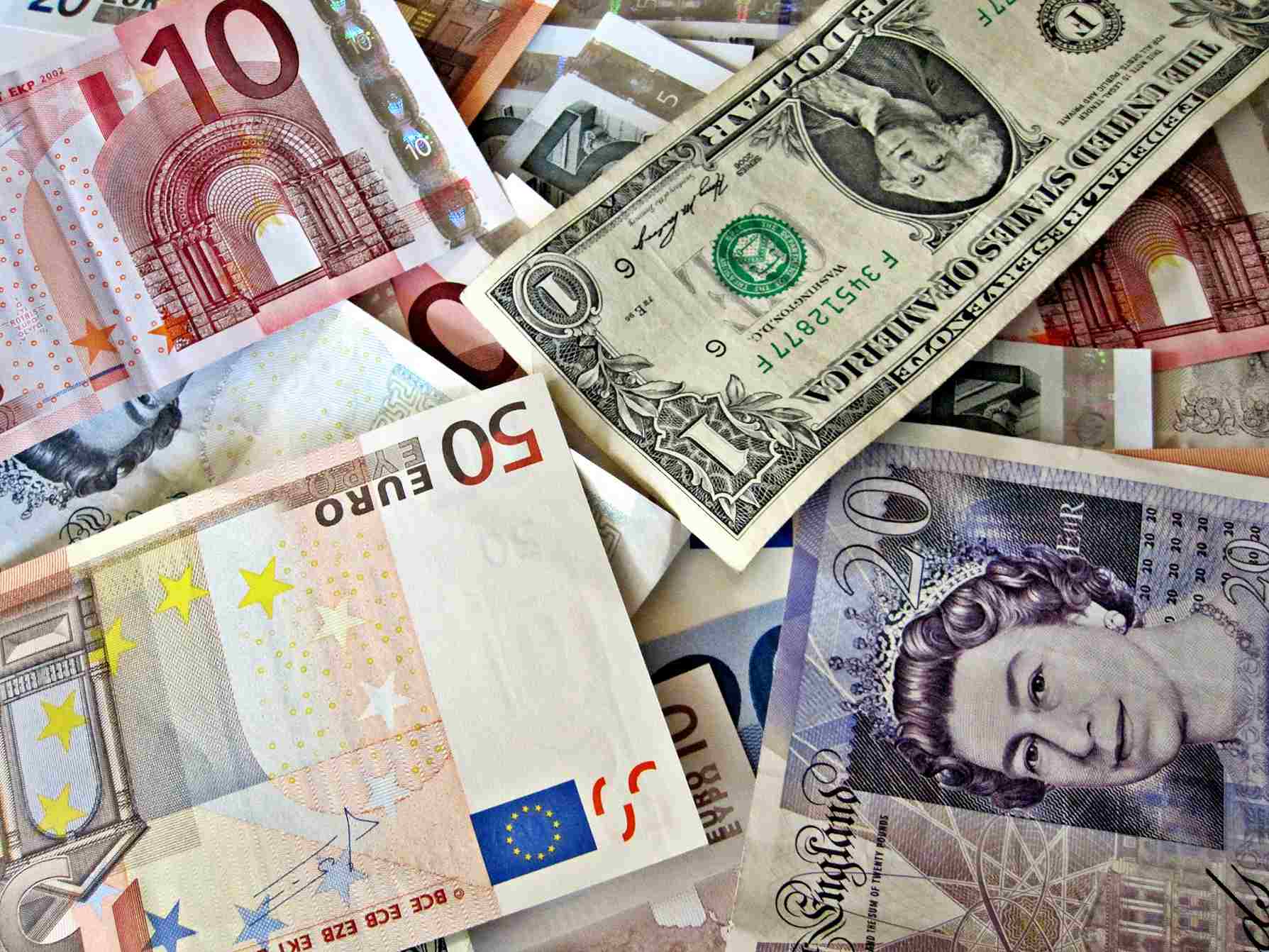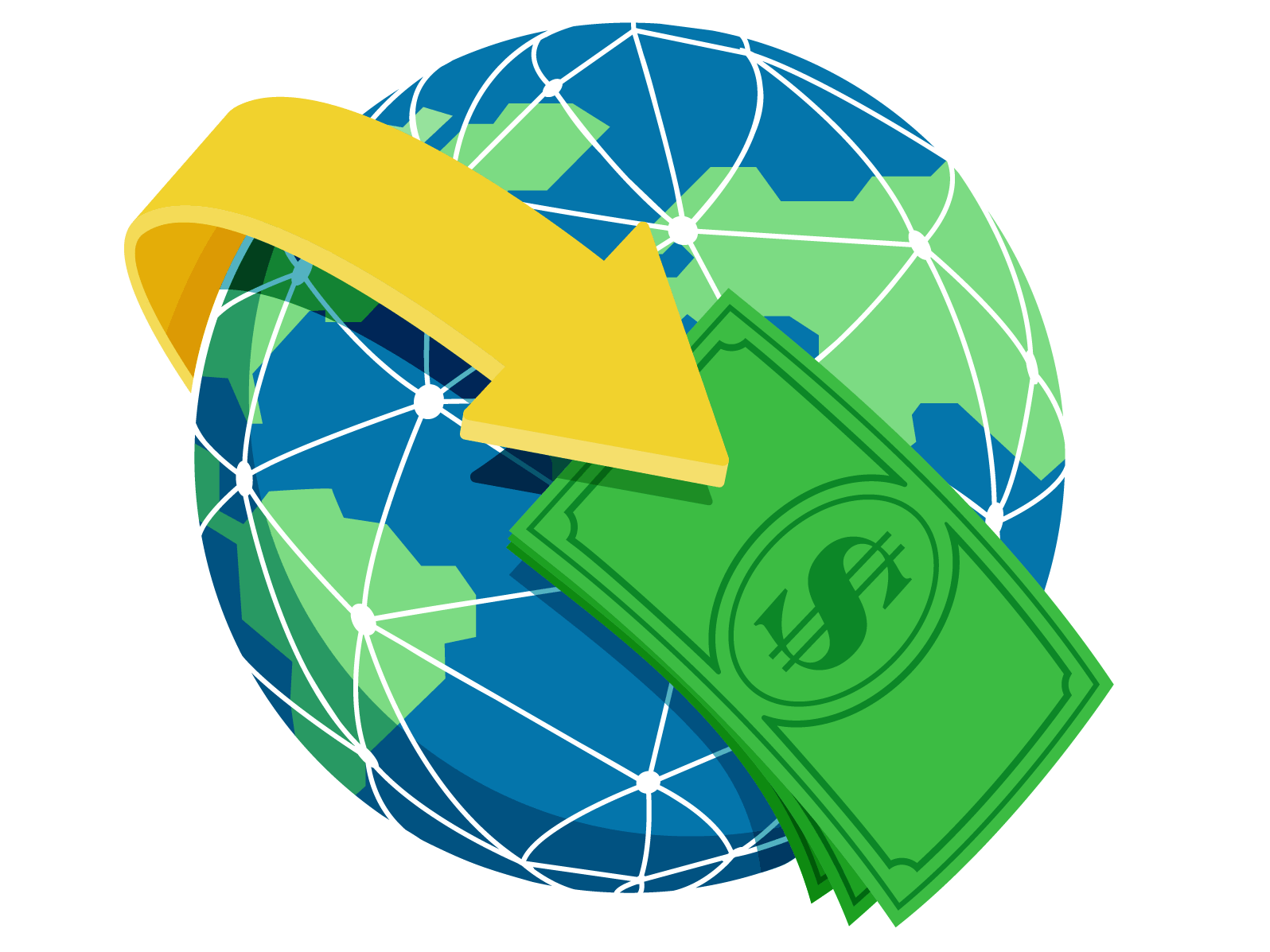Money & Finance

The Nepal Rastra Bank's macroeconomic and financial report for the first half of the current fiscal year, which was released on Monday, showed a significant rise in remittances.
The government had lifted the ban on expensive mobile phones, motorcycles, alcohol, vehicles, and television sets in mid-December 2022.
The government took steps to control imports in April last year after the foreign currency reserves went down and the balance of payments and current account showed a deficit. It banned the import of many luxury goods, such as cars, liquor, and expensive cell phones and TVs.
According to the report, the gross foreign exchange reserves increased by 10 per cent to Rs1.33 trillion in mid-January 2023 from Rs1.21 trillion in mid-July 2022.
The gross foreign exchange reserve was Rs1.29 trillion in mid-December 2022.
In US dollar terms, the gross foreign exchange reserves increased by 8 per cent to $10.30 billion in mid-January 2023 from $9.54 billion in mid-July 2022.
Of the total foreign exchange reserves, those held by the NRB increased by 12 per cent to Rs1.18 trillion in mid-January 2023 from Rs1.05 trillion in mid-July 2022.
Reserves held by banks and financial institutions (except NRB) decreased by 3.4 per cent to Rs153.91 billion in mid-January 2023 from Rs159.41 billion in mid-July 2022, said the report.
The share of Indian currency in total reserves stood at 23.6 percent in mid-January 2023.
Based on the imports for the first six months of 2022/23, the foreign exchange reserve of the banking sector is sufficient to cover the prospective merchandise imports of 10.4 months, and merchandise and services imports of 9.1 months, said the report.
Current account deficit improves, BoP in surplus
Meanwhile, the current account remained at a deficit of Rs29.47 billion in the review period, compared to a deficit of Rs352.16 billion in the same period of the previous year.
In US dollar terms, the current account registered a deficit of 233.3 million in the review period compared to the deficit of 2.95 billion in the same period last year.
In the review period, capital transfers decreased by 19.1 per cent to Rs4.43 billion and net foreign direct investment (FDI) remained Rs749.4 million. In the same period of the previous year, capital transfer and net FDI amounted to Rs. 5.48 billion and Rs11.34 billion respectively.
Likewise, the balance of payments (BoP) remained at a surplus of Rs97.10 billion in the review period compared to a deficit of Rs241.23 billion in the same period of the previous year.
In US dollar terms, the BoP remained at a surplus of 734.4 million in the review period against a deficit of 2.02 billion in the same period of the previous year.
Remittance up by 24 per cent

Remittance inflows increased by 24.3 per cent to Rs585.08 billion in the review period against a decrease of 5 per cent in the same period of the previous year.
In US dollar terms, remittance inflows increased 13.9 per cent to 4.50 billion in the review period against a decrease of 5.7 per cent in the same period of the previous year.
In the month of Poush alone, around Rs. 104.58 billion of remittances have been received.
The number of Nepali workers (institutional and individual-new) taking approval for foreign employment increased by 64.6 per cent to 275,643 in the review period, said the NRB.
The number of Nepali workers (renewing entry) taking approval for foreign employment increased by 9.5 per cent to 142,548 in the review period.
It had increased by 298.1 per cent in the same period of the previous year.
During the review period, net transfers increased by 22.7 percent to Rs644.72 billion. Such a transfer had decreased by 4.4 per cent in the same period of the previous year.
Inflation remains at 7.26 per cent
In the interim, consumer price inflation during the first half of the current fiscal year has increased significantly.
The year-on-year consumer price inflation stood at 7.26 per cent in the sixth month (mid-January) of the current fiscal year 2022/23 compared to 5.65 per cent a year ago.
However, inflation hit 7.38 per cent in mid-December, 8.50 per cent in mid-October, and 8.08 per cent in mid-November 2022.
The budget of the government for 2022/23 and monetary policy has set the goal of maintaining inflation within 7 per cent.
Food and beverage inflation stood at 5.62 per cent whereas non-food and service inflation rose to 8.57 per cent in the review month, according to a macroeconomic and financial report published by the Nepal Rastra Bank (NRB) Monday.
Under the food and beverage category, y-o-y consumer price index of the restaurant and hotel sub-category increased by 15.56 per cent, tobacco products by 11.81 per cent, milk products and eggs by 9.70 per cent, cereal grains and their products by 9.56 per cent and alcoholic drinks by 8.84 per cent during the review period.
Likewise, under the non-food and services category, the price index of the transportation sub-category increased by 16.43 per cent, health by 11.22 per cent, recreation and culture by 8.76 per cent, miscellaneous goods and services by 8.68 per cent and furnishing and household equipment by 8.33 per cent.






